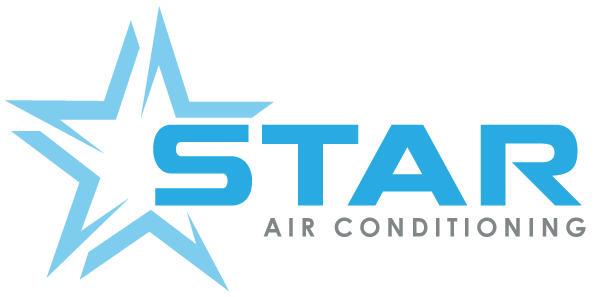FAQ
What is reverse cycle?
A reverse cycle air conditioner is a unit in which the cooling cycle can be reversed, producing heat instead of cold air. It allows you to stay warm during winter and cool during summer.
What’s the difference between ducted and split-system air conditioning?
Ducted air conditioners are designed to cool your entire home without being obviously visible. Most components are hidden in the ceiling, with the air coming through multiple discreet vents. In contrast, split-system air conditioners are designed to cool specific rooms only and require a wall-mounted head unit.
What are multi-head split-systems?
Multi-head split-systems are designed to cool your multiple rooms when you can’t run ducting through the floor or ceiling (e.g. because of slab flooring or a cathedral roof). Here, multiple head-units are run from one outdoor condenser unit.
What is air conditioning zoning?
Zoning allows you to turn your ducted air conditioning system on or off in certain areas of your house. For example, your living area may be one zone, and the kitchen could be another. A larger house may have as many as 10 different zones.
How do I choose the right type of air conditioner?
From ducted air conditioners to split systems and multi-head systems, it can be challenging to figure out which system is right for you. Every house is different and requires its own solution, so we recommend chatting with a professional. Our experience and intimate knowledge of residential homes means that we can tailor the best solution for you.
What size system do I need?
It’s important to talk to a professional to determine what size air conditioning unit you require. If you select one that is too small, your home will not cool or heat properly and you will have an increased energy bill, as your system will run at maximum capacity and never reach the desired temperature point. If you choose one that is too big, your energy bill will be bigger than it needs to be and your home will be cool before it can be dehumidified, resulting in clammy air. It is also smart to take the room orientation, window locations, window size, and ceiling insulation into consideration.
How are air conditioners installed?
Your air conditioner will be safely installed by a fully-qualified (RAC) team of professionals. We don’t use subcontractors so you will be in contact with the same people from start to finish, who always leave the site tidier than when they arrived. From choosing the right location to putting all of the pieces together, we will do everything for you, including showing you how to use it after it is installed. So you can kick back, relax, and enjoy the cool air!
How long does it take to install an air conditioning system?
The length of time it takes to install your air conditioning system will depend on what sort of air conditioning unit you want (i.e. ducted or split-system), how many rooms the air conditioning will be going in, and how big your home is. It may take between a few of hours or a couple of days. For more specific quotes, simply make an inquiry.
Can I install an air conditioning unit myself?
It can be tempting to do a DIY job when you’re trying to save money or you’re a builder yourself. However, air conditioners are quite complex and can only legally be installed by someone with a refrigerant license. Under environmental regulations, any work which involves refrigerant gasses with the risk of emissions must be completed by a licensed technician. Installing an air conditioning unit yourself may also void the manufacturer’s warranty.
Are your tradesmen qualified?
Yes, at Star Air Conditioning, all of our tradesmen are fully qualified and licensed to ensure that your air conditioner is installed safely and correctly. Our team are fully RAC-qualified, which means that they can work with any system of any capacity and are licensed to install, service, repair, maintain or decommission all air conditioning systems.
How do energy ratings work?
All domestic non-ducted air conditioners must carry an energy rating label. The more stars, the more energy efficient the product is. An increase in 1 star is the estimated equivalent of 10% – 30% in savings. When comparing air conditioning units, it’s a good idea to compare products that are similar in size to get an accurate representation of their difference.
What is the operating cost?
The operating cost of your air conditioner will depend on how frequent your air conditioner is used. If you only use your air conditioner for a couple of hours a day, you can expect a low energy bill. It is important to make sure you install the right size air conditioning system. If you choose one that is too small, it will take much longer to cool or heat your home effectively, resulting in a higher energy bill than what is required.
How often do I need to clean my filter?
You should clean your filter at least two or three times a year. A good time to clean it is at the beginning of summer and at the beginning of winter. If your air conditioner is on for more than eight hours a day or it’s in a commercial/office setting you should clean it at least once a month. For new filters or air conditioning service, contact Star Air Conditioning.
How often should my air conditioner be serviced?
With proper care, cleaning, and maintenance, your air conditioner should only need a service once a year. Your air conditioning technician will check the electrical connections, gas charges, electronics and drains to ensure that your system is safe and healthy. We recommend putting a note in your diary or calendar to remind yourself to do this, as many people forget how much time has passed.

